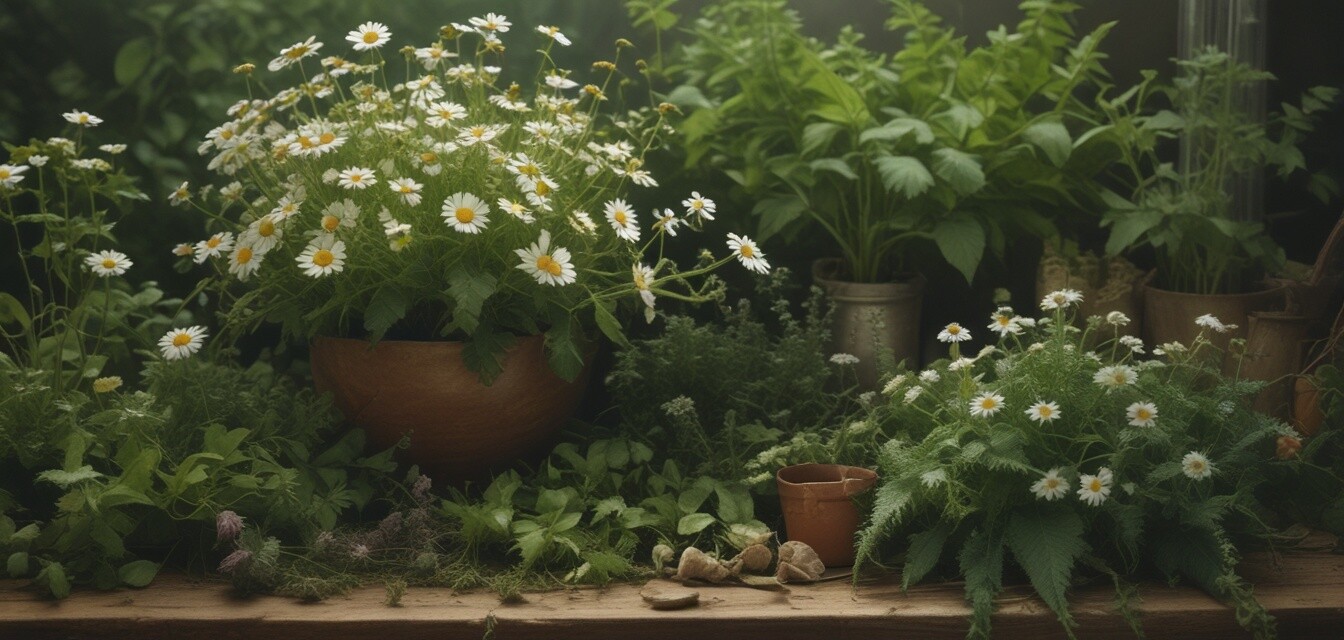
Best Natural Remedies for Seasonal Allergies
Many of us face the uncomfortable symptoms of seasonal allergies every year. From sneezing to itchy eyes, these reactions can significantly affect our quality of life. Fortunately, there are several natural remedies that can help manage these unwelcome symptoms. This guide will review effective natural remedies, discussing their benefits and providing preparation tips for home use.
- Natural remedies can help alleviate symptoms of seasonal allergies.
- Common remedies include herbal teas, essential oils, and dietary supplements.
- It's essential to consult with a healthcare provider before starting any new treatment.
- Preparation tips for home use are crucial for maximizing benefits.
Understanding Seasonal Allergies
Seasonal allergies, often referred to as hay fever, are triggered by pollen from trees, grasses, and weeds during specific times of the year. The immune system reacts to these allergens, causing various symptoms. While over-the-counter medications can provide relief, many people prefer natural alternatives. Below are some of the most popular natural remedies.
Natural Remedies for Seasonal Allergies
| Remedy | Benefits | How to Prepare |
|---|---|---|
| Herbal Teas (e.g., nettle, chamomile) | Anti-inflammatory properties | Steep 1–2 teaspoons of dried herbs in hot water for 5–10 minutes. |
| Essential Oils (e.g., peppermint, eucalyptus) | Clears airways and reduces inflammation | Add a few drops to a diffuser or mix with a carrier oil for topical application. |
| Local Honey | May improve tolerance to local pollen | Consume 1–2 teaspoons daily. Look for raw, unprocessed honey. |
| Apple Cider Vinegar | Acts as a natural antihistamine | Mix 1–2 tablespoons in a glass of water and drink daily. |
Herbal Remedies to Consider
Herbal remedies offer an effective and natural approach to managing seasonal allergies. Here are a few of the most beneficial herbs:
- Nettle - Known for its anti-inflammatory properties.
- Butterbur - May reduce allergens in the air.
- Chamomile - A soothing herb that can be consumed as tea.
- Eyebright - Traditionally used for respiratory conditions.
Preparation Tips for Home Use
1. Fresh Ingredients
Always use fresh, high-quality herbs and ingredients to ensure maximum potency and effectiveness.
2. Proper Storage
Store herbs in airtight containers, away from direct sunlight, to maintain their freshness.
3. Gradual Introduction
Introduce any new remedy gradually to observe how your body reacts.
4. Maintaining Hydration
Drink plenty of fluids while using natural remedies to help flush out allergens from your system.
Dietary Supplements for Allergy Relief
Some people may find that certain dietary supplements can assist with managing seasonal allergies. Always consult a healthcare provider before starting any supplement regimen. Some potential supplements include:
- Vitamin C - May support overall immune function.
- Omega-3 Fatty Acids - Known for their anti-inflammatory effects.
- Quercetin - A natural antioxidant that may help stabilize mast cells.
Conclusion
Seasonal allergies can be bothersome, but various natural remedies offer a holistic approach to relief. From herbal teas to essential oils, these alternatives can provide comfort without the side effects of conventional medications. Remember to consult with a healthcare provider for tailored advice and support for your specific needs. For more informative guides, check out our categories such as Aromatherapy Products and Herbal Remedies.
Pros
- Natural remedies may be gentler on the body.
- A wide variety of options are available to suit personal preferences.
- Supports holistic wellness and healing.
Cons
- Not all remedies work for everyone.
- Some herbs may interact with medications.
- Effects may take time to become noticeable.
